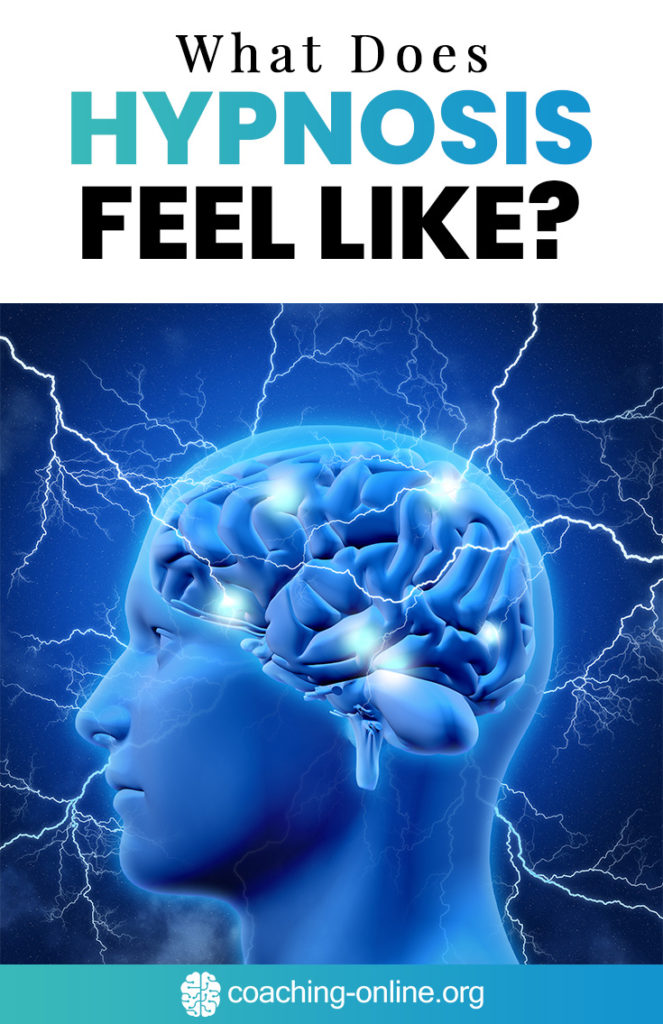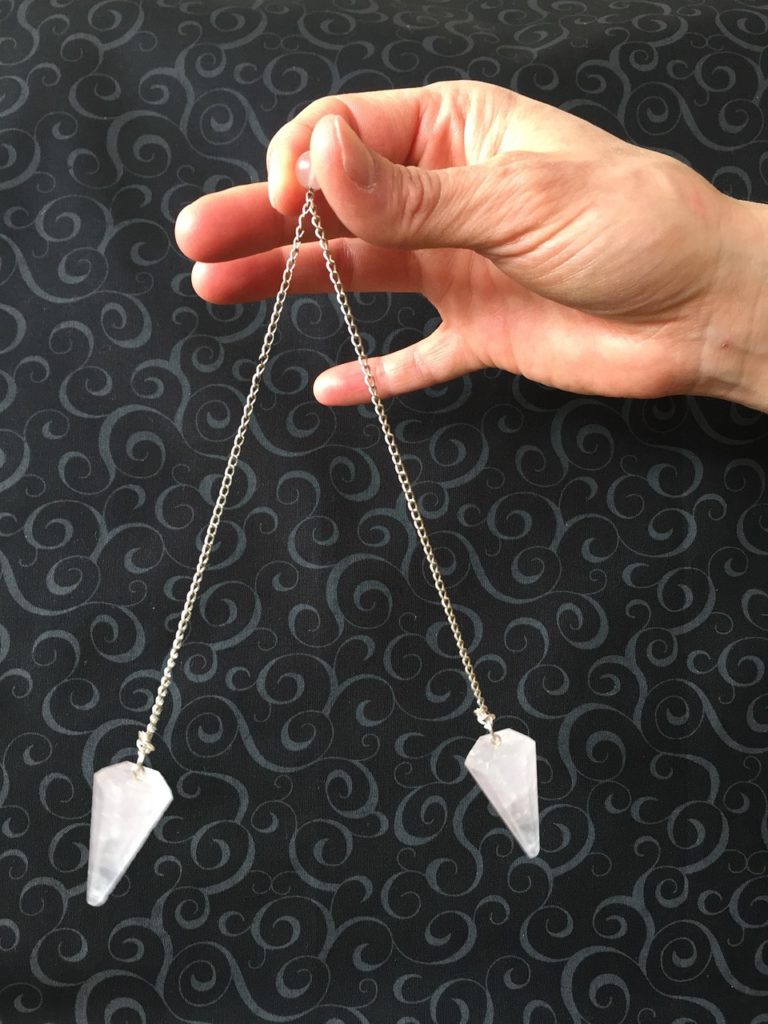Hypnosis is a process that has been used for harm as well as good.
So it makes sense then that many people are unsure about how it may feel and whether it could work for them.
Maybe you can recall seeing stage acts having someone in a trance behave in some silly way purely for entertainment.
This style of hypnosis used direct commands, such as, “at the count of three, close your eyes”, to induce trance and modify behaviour.
That time has passed. Hypnosis has gained popularity in medical fields recently.
It is used as a therapy to help a person bring positive change to their life.
Milton Erickson began a style of hypnosis using indirect suggestions.
His method flows on the surface as a regular conversation would.
He’d layer stories and metaphors in ways the subconscious mind could be helped without alerting the conscious mind to be on guard.
Such as, “You may like to close your eyes if you feel your eyelids getting heavier”.
Erickson’s method is the preferred method of many hypnotherapy practitioners today.

Can You Really Get Hypnotized?
Hypnosis is not make-believe. It is indeed very real.
Today, it can be an alternative and safe form of therapy.
Many of our everyday activities can naturally induce the brain wave level that is a hypnotic trance.
Creative activities like gardening, sewing, cooking, making art or pottery, even singing and dancing can bring us into that zone of flow.
You may have heard many athletes talk about their peak performances when they were “in the zone”.
In this zone we become one with what we are doing.
The hypnotist guides a person through these very natural brain wave states.
Each day we move through different levels of brain wave patterns.
When we’re in deep sleep we’re in a delta brain wave pattern.
The brain is normally in beta brain wave patterns during waking hours.
While you’re doing simple tasks or reading this you’re probably in low beta.
Something that requires more focus and concentration, such as, a complex math equation, can bring you into a high beta state – very alert and focused.

Does Hypnosis Feel Like Sleep?
As the mind moves towards sleep our brain waves slow down to alpha, then theta and into delta brain wave patterns.
Hypnosis can feel like the bridge between sleep and wakefulness.
So you are relaxed and calm, yet not asleep.
The hypnotist brings you past your analytical mind into alpha and theta to induce a trance-like mental state.
Your awareness is withdrawn from your outer surroundings.
You take your attention off your job, your car, your mortgage, your spouse, your kids, your school, etc.
This is an inner journey.
You focus inward instead, feeling your breathing, how your arms or legs feel, and the space around you.
This allows for access to your deeper inner thoughts, memories or feelings.
How Do You Know If Hypnosis Will Work On You?
Very intelligent people may be easily hypnotized.
Have you ever had a time driving and suddenly realized you’d gone way past your exit, or a specific landmark, and you were totally unaware of it happening?
You had lulled yourself into a light state of trance.
Daydreaming is also a time when we’re in a hypnotized state.
Watching television is known to draw a person in and have them hypnotized or in a trance.
Hypnosis can occur while watching shows or even while watching commercials on TV.
This is when it can be very damaging because it is used in ways that harm the psyche of the individual through violence or crude behaviour.
Marketing companies commonly utilize hypnosis as one of the things in their toolbelt to entice you to buy their products.
If you have ever felt absorbed in the zone, lost in thought, or even simply meditating then you know it can work for you.
You’re already familiar with being hypnotized.
The body is just in a very relaxed state and your thinking slows down.

What Are The Side Effects Of Hypnosis?
Hypnosis is a powerful process.
After being hypnotized most people feel a reduction or elimination of body pain, a feeling of calm, and a positive healing outcome.
The session with your hypnotist or hypnotherapist is there to help bring about psychological healing and to access positive inner resources to adopt healthy new behaviours.
However, it’s very important to have a therapist whose suggestions align with your desired outcome.
Some negative side effects people experience after a session may be headaches, drowsiness, dizziness, confusion, or even anxiety and distress.
Ensure the therapist has
- high levels of integrity,
- emotional intelligence,
- sincerity, and
- the use of language – especially metaphor.
They must have the ability to put their own ego aside and understand the emotional needs of the patient.
These things may help you understand the nature of hypnosis and can lead to a positive experience feeling like you are fully in control. This way you have your rights reserved with a successful session.
Hypnosis can truly feel like a wonderful experience for people.
Our brain is one of our body’s most important tools and we must be aware of who we are trusting it to.
The hypnotic experience is a way to help people absorb a new pattern, memory, or learning.
It is a gentle, yet powerful way to move past
- destructive behaviours,
- habits,
- some addictions, and
- negative patterns of thought.
Many have used it to improve their lives.
Related Posts
How long does hypnosis last?
How do you know if hypnosis worked?
